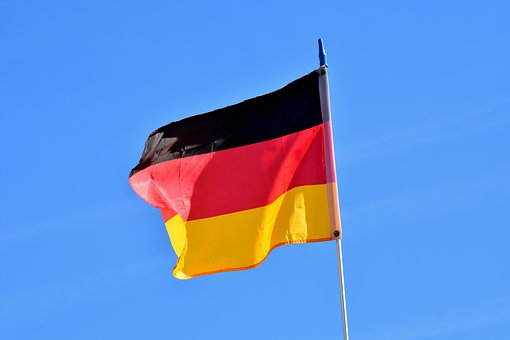How to learn German when I am already 30 years old?
The German language, Deutsch, is a West Germanic language mainly spoken in Central Europe. It is the most widely spoken and official or co-official language in Germany, Austria, Switzerland, Liechtenstein, and the Italian province of South Tyrol. It is also a co-official language of Luxembourg, Belgium and parts of southwestern Poland, as well as a national language in Namibia. German is most similar to other languages within the West Germanic language branch, including Afrikaans, Dutch, English, the Frisian languages, Low German (Low Saxon), Luxembourgish, Scots, and Yiddish. It also contains close similarities in vocabulary to Danish, Norwegian, and Swedish, although these belong to the North Germanic group. German is the second most widely spoken Germanic language after English.
One of the major languages of the world, German is a native language to almost 100 million people worldwide and is spoken by a total of over 130 million people. It is the most spoken native language within the European Union. German is also widely taught as a foreign language, especially in Europe, where it is the third-most taught foreign language after English and French, and the United States. The language has been influential in the fields of science and technology, where it is the second most commonly used scientific language and among the most widely used languages on websites. The German-speaking countries are ranked fifth in terms of annual publication of new books, with one-tenth of all books (including e-books) in the world being published in German.

The German language boasts a large number of native speakers in the European Union (far more than English, Spanish, or French). German is among the ten most commonly spoken languages in the world and the lingua franca of Central and Eastern Europe. 22 Nobel Prizes in Physics, 30 in Chemistry, and 25 in Medicine have gone to scientists from the three major German-speaking countries, while many laureates from other countries received their training in German universities. Eleven Nobel Prizes in Literature have been awarded to German-language writers, and seven Germans and Austrians have received the Peace Prize. Besides being a language of Goethe, Marx, Kafka, Mozart, Bach, Beethoven, Weber, Einstein, Heisenberg, Kant, Hegel and many more, German is the second most commonly used scientific language in the world.
18% of the world’s books are published in German, and only a few of these have English translations.
There are many reasons why you should learn the German language such as:
Germany is the world’s second-largest exporter.
The German economy ranks number one in Europe and number four worldwide.
Its economy is comparable to that of all the world’s Spanish-speaking countries combined.
Germany is home to numerous international corporations.
Direct investment by Germany in the United States is over ten billion dollars.
With this, I hope I am able to express and help you realize the extent and value of German and know how/why it can prove beneficial for a learner!
They say that children learn languages the best. But that doesn’t mean that adults should give up?








